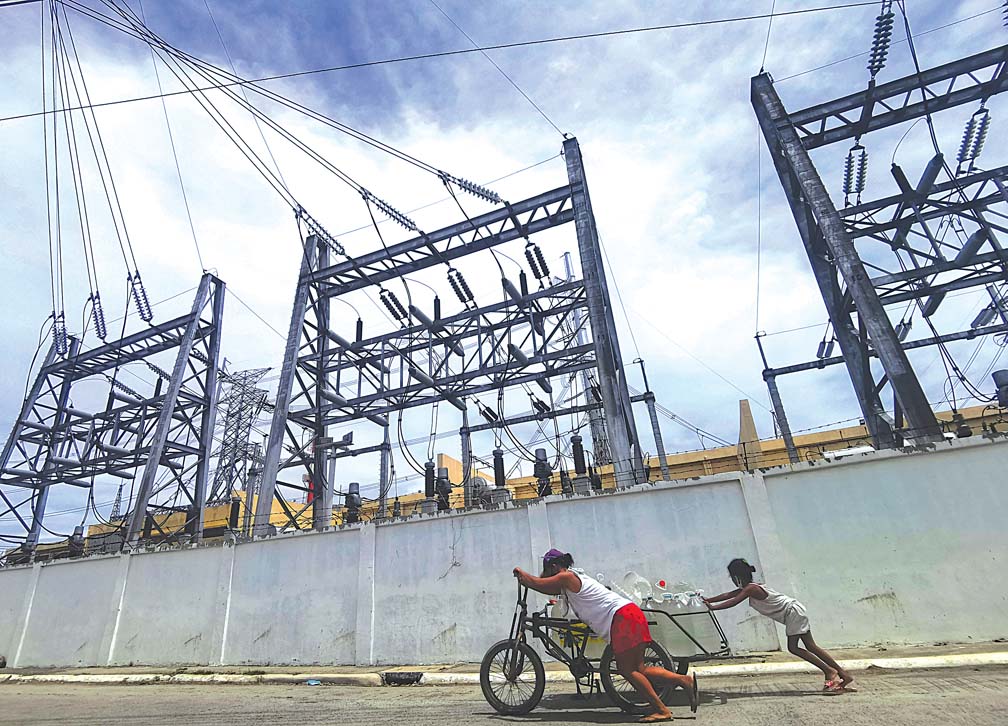CITING the possibility of a “widespread lockdown scenario” because of Covid-19, the Philippine National Bank (PNB) Research Team conducted a rapid risk analysis of the major sectors represented in the Philippine Stock Exchange index (PSEi).
Gaming and port operations are seen to be the most affected in that scenario, and telecommunications, the least affected, according to the report, which drew in inputs from PNB’s covered companies and its resident economist Jun Trinidad.
Covered by the rapid risk analysis are banks (18 percent of index weight), consumer (8 percent), power (4 percent), property (23 percent), telco (4 percent), and gaming/port operations (4 percent). For conglomerates (38 percent), the risk exposure depends on the respective business mix of the holding companies.
Explaining why telcos will be the least affected, the PNB research team said, “In our view, business continuity plans and requiring more people to stay at home might increase the demand for call/text/data. It also seems capex and tower rollout plans are maintained since suppliers can source from other countries unaffected by the virus. If supply of new equipment is affected, we believe this may reduce the quality of service and not the quantity.”
Consumer staples are next after telcos to be least affected, because they “might get a sales increase from stockpiling (i.e., less trips to the supermarket but higher basket size).” The PNB research added, “It seems there is limited impact on inventory so far, except for items like rubbing alcohol and masks. Some imported fruits and canned good products face supply issues, but these can be substituted with local products. We believe retailers of mostly imported products have higher supply risk. Elevated days inventory, which is typically not ideal under normal circumstances, can be advantageous under a lockdown scenario.”
“Demand from commercial and industrial customers may weaken in a lockdown situation, although this may be partly offset by stronger residential consumption [e.g., work from home],” said the PNB assessment of the third least affected sector, power. “At least for Meralco’s franchise, demand split is 31 percent residential, 39 percent commercial, and 29 percent industrial. In our view, generation companies with mainly local fuel source [e.g. local coal, natural gas, geothermal, hydro] may relatively have lower supply concerns.”
For banks, the focus risk areas are borrowers with these linkages: tourism, shipping, travel, OFWs and SMEs, according to PNB Research. The sector could be impacted by “slower loan growth and possibly higher NPLs,” while “downward pressure on NIMs due to rate cuts is also a key concern.”
For the consumer discretionary class, PNB Research sees “no major impact…so far,” but added it is “more susceptible to a lockdown scenario than staples.”
For the Property sector, hotels will be hit the most. “We believe a lockdown situation will hurt both offices and malls. Those with fixed leases and high pre-termination penalties may be more resilient, while variable leases linked to revenues will be hurt more. Residential already seeing some cuts in pre-sales,” said the PNB team.
In tagging the gaming and port operations sectors as “most affected,” the researchers noted that this group was “already affected even without a lockdown.” It added that, “cost control is the main tool to reduce bottomline impact.”
Image credits: Nonie Reyes


































